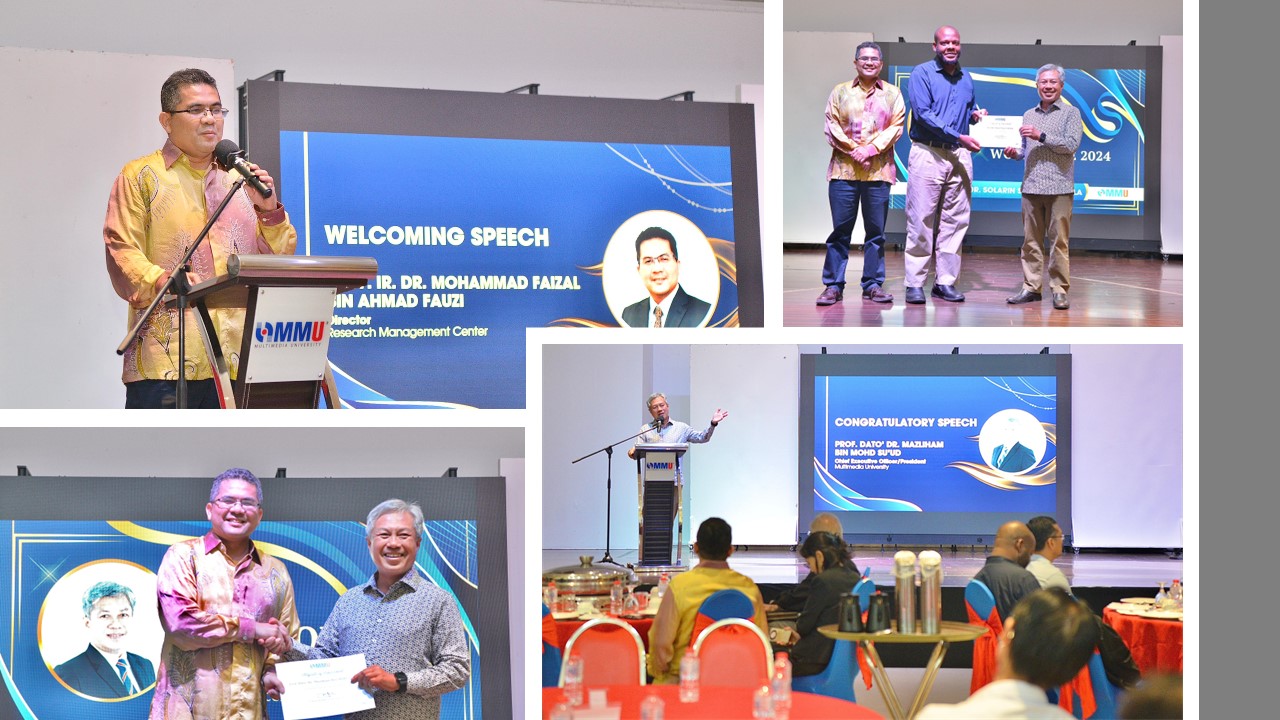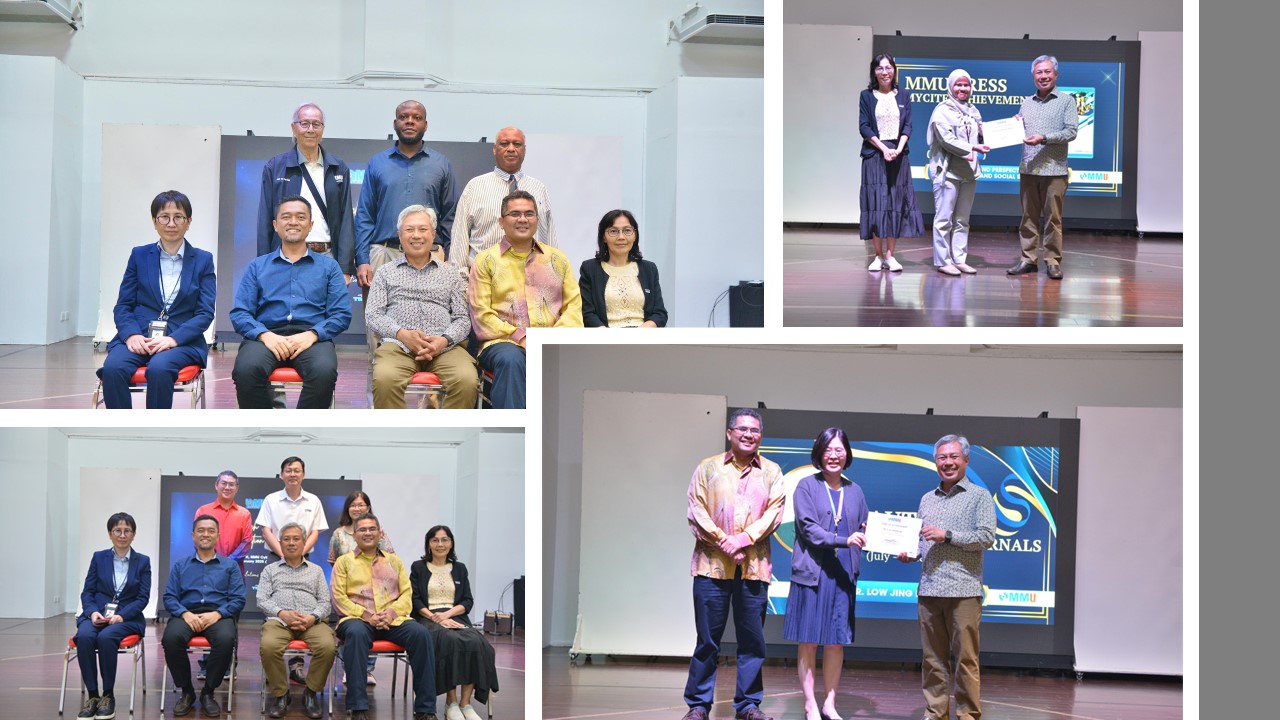- Programmes
- By Faculty
- Faculty of Cinematic Arts (FCA)
- Faculty of Law (FOL)
- Faculty of Engineering & Technology (FET)
- Faculty of Artificial Intelligence & Engineering (FAIE)
- Faculty of Computing & Informatics (FCI)
- Open and Distance Learning (ODL)
- Faculty of Information Science & Technology (FIST)
- Faculty of Management (FOM)
- Faculty of Creative Multimedia (FCM)
- Faculty of Applied Communication (FAC)
- Faculty of Business (FOB)
- By Campus
- All Programmes
- By Faculty
- Full List of Programmes Offered (MQA Certificates)
- Build Your Own Curriculum (BYOC)
- Why Study @ MMU
- Admission
- Faculties
- Faculty of Applied Communication
- Faculty of Business
- Faculty of Cinematic Arts
- Faculty of Computing and Informatics
- Faculty of Creative Multimedia
- Faculty of Artificial Intelligence & Engineering
- Faculty of Engineering & Technology
- Faculty of Information Science and Technology
- Faculty of Law
- Faculty of Management
- News & Publications
- International Students
- Research
- About Us
© 2018 MULTIMEDIA UNIVERSITY. ALL RIGHTS RESERVED.



